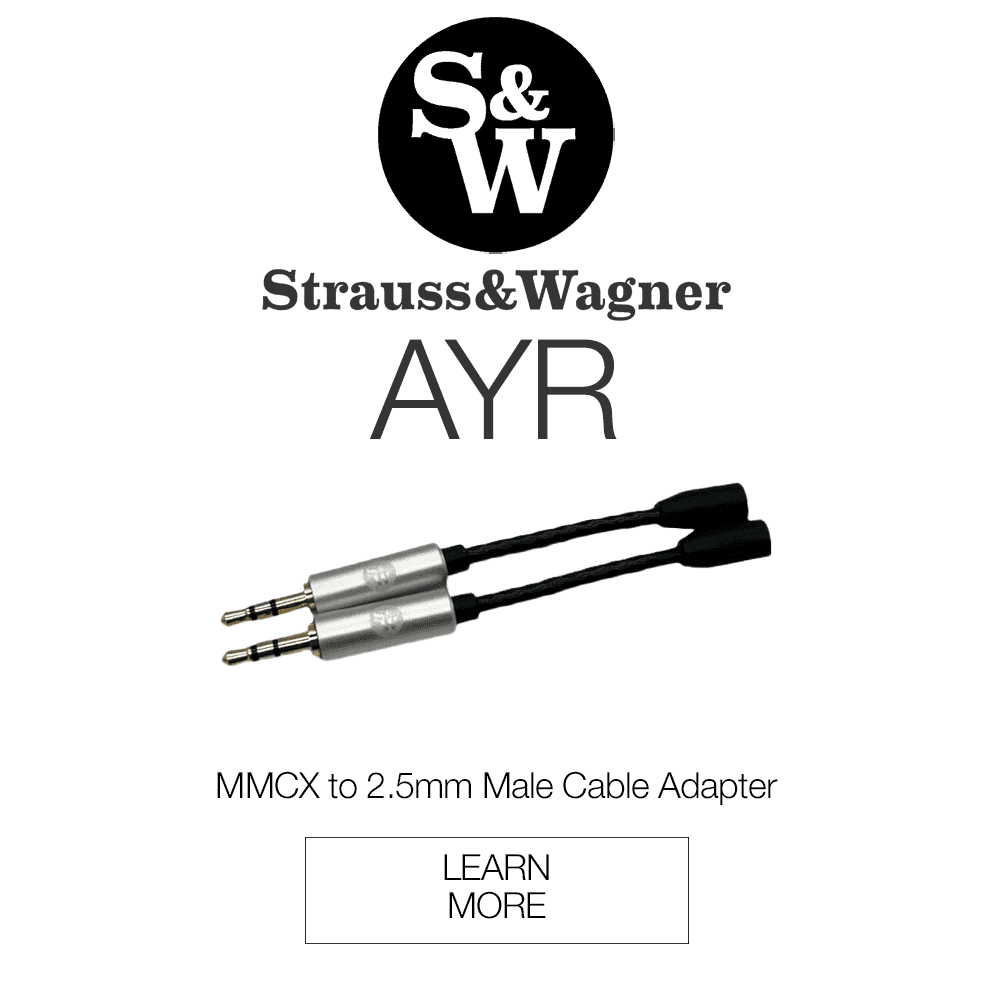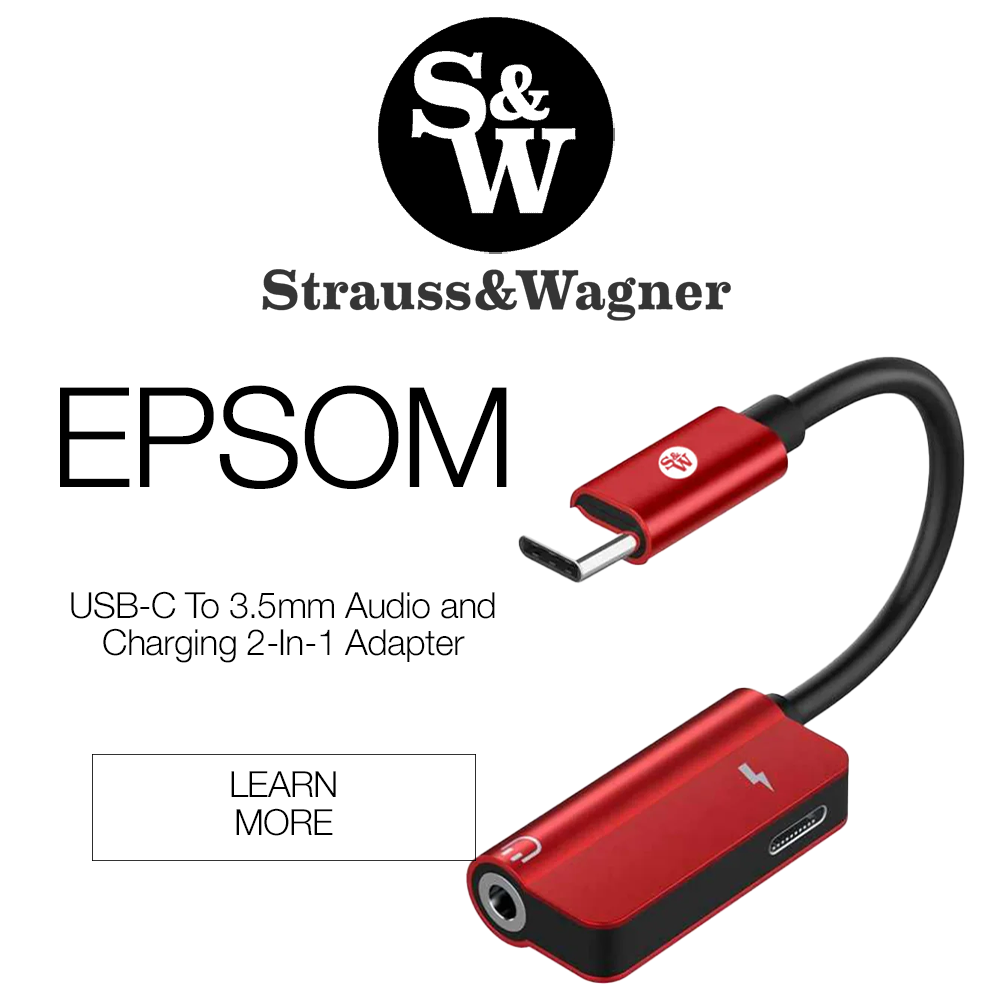Artificial intelligence is one of the most topical debates going on in modern society. It is one of the most divisive subjects to discuss on the internet. Some feel that recent advancements in AI have the potential to propel humanity into the future like a science fiction novel, and some feel that it is a danger that will render us all obsolete. MajorHiFi is not the kind of website that will add any insightful commentary to that debate, but there is a certain viral sensation that has us asking questions about how it might affect our HiFi world. That viral sensation is none other than ChatGPT, the new chatbot AI that is causing all sorts of interesting debates all across social media.
What Is Chat GPT?
Chatbots have been around for a while, but ChatGPT is a new system that looks to be the most realistic and natural yet. Anyone can use it right now by just visiting the website, or downloading the mobile app. It is developed by OpenAI, who you might know from their text-to-image engine DALL-E, which is another public service that is the subject of intense debate online. The same tech that is used for DALL-E is implemented with ChatGPT. What happens is the AI will scour the internet via an algorithm and compile huge amounts of text to respond to whatever request you might have. Many who have used ChatGPT have claimed it to be the most lifelike chatbot that has ever been developed, so much so that it almost becomes ominous.
Can ChatGPT Be Used For Music Production?
The recent waves ChatGPT has been making have implications for many different spaces. In the music world, ChatGPT is already making impressions on musicians and producers with its ability to generate shockingly accurate lyrical styles from your favorite artists. There was a recent article where acclaimed singer-songwriter Nick Cave responded to ChatGPT coming up with a completely user-generated song with his artistic flare by calling it a “grotesque mockery,” and that the song it generated “sucks.”
Generating song lyrics in the style of famous artists is only one way to look at music production in the wake of ChatGPT. For instance, if you come up with a lyrical stanza for a song, you can use ChatGPT to quickly generate the next stanza that will rhyme with what you have. This has major implications for the creative process, and if you’re really into your own artistic vision, you’ll probably stay away from ChatGPT. However, I can envision a scenario where a songwriter is on a tight deadline for a corporate gig, and they use CharGPT to just make their job a little bit easier.
How Does ChatGPT Affect The HiFi World?
You might not think that it’ll have a significant effect on a simple hobbyist in the world of high-fidelity audio, but it could be seen as a tool. Audiophiles can be quite particular in what they want out of their systems, like what the sound profile of a particular headphone is, or the accuracy of the soundstage. High-end audio requires doing a ton of research, where you’ll probably spend a significant amount of time reading reviews and frequency response charts if they’re even provided. With ChatGPT, you can ask any questions you might have about a certain set of headphones or speakers. You’ll get some worthy responses, and if you’re clear, ChatGPT can be quite detailed. This might make your research process a little bit easier, as you’ll be able to get informative answers to any technical question you may have about high-end audio instantly.
I started to use ChatGPT myself to see how specific it can get with recommendations and other technical knowledge. The results I found were useful but not perfect. If I ask a question like “what headphones are good for pop vocals,” ChatGPT will give me a more general answer like “some people prefer open-back headphones while others say closed-backs are better.” When asking the AI to recommend me a specific model, ChatGPT responded to me “studies have shown that the AKG K612 II would be the best headphone for pop vocals.” A good pick, but is definitely a wider selection available from other databases.
I did get a couple of good options when I asked if it could name some headphones that would sound best with doom metal. The answer I got was The Audio-Technica M50x, Sennheiser HD 280 Pro, and the Sony MDR-Z1R. This is a much wider selection that spans different price ranges and may be useful for those looking for a good pair of headphones for their preferred genres of music.
Next, I started to ask ChatGPT about the sound signatures of specific headphones. It gave me concise and informative paragraphs describing the sound. For example, I asked what the sound signature of the Sennheiser HD 650 is, and ChatGPT responded to me with the following paragraph. “The Sennheiser HD 650 has a signature that is known for its detailed and balanced sound. This signature is perfect for people who are looking for an optimal listening experience.” I would consider this description pretty truthful, albeit a little vague. Then I asked Chat GPT if the Focal Clear is a bright headphone. It responded with “The Focal Clear headphones are not as bright as other headphones. They are designed for listening to music in a quiet environment.” This is a bit better, but when I asked about the Audeze LCD X, Chat GPT gave me a ton of info.
It said “The Audeze LCD X headphones feature a flat response frequency range that gives you a detailed, nuanced sound. This frequency range is also relatively wide, so you’ll hear plenty of detail and bass without feeling overstimulated.” That’s more like it. Some answers you’ll get won’t be as helpful. I tried asking ChatGPT if the Beyerdynamic DT 880 required an amplifier, and it said no. However, I did not specify which Ohm version I was talking about, as the DT 880 has multiple, so you’ll find better help if you are more descriptive in your questioning.
Summary
The implications of ChatGPT go way outside the area of hi-fi audio and music, but there are a lot of ways audiophiles might be able to make use of it. While it wasn’t always perfect, ChatGPT gave me more than enough information about what I might be looking for. It will give you an idea of where you should start looking, but I don’t believe your research should end with it. I was surprised by how much detail it could offer at points, but it depends on how you word your questions. Overall, if you’re an audiophile looking for some quick answers, I don’t think using ChatGPT can do much harm, but I wouldn’t rely on it for everything when it comes to researching high-end audio.
Compare the ranking of various headphones, earbuds and in-ear monitors using our tools.
Discuss this, and much more, over on our forum.
---MAJORHIFI may receive commissions from retail offers.















